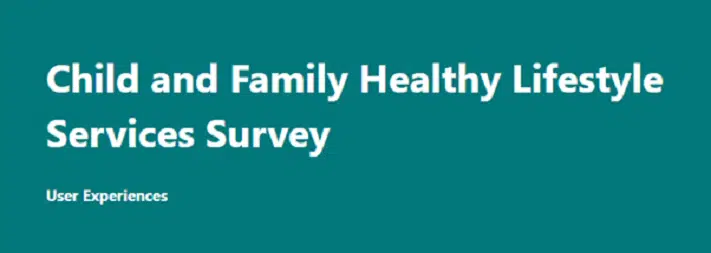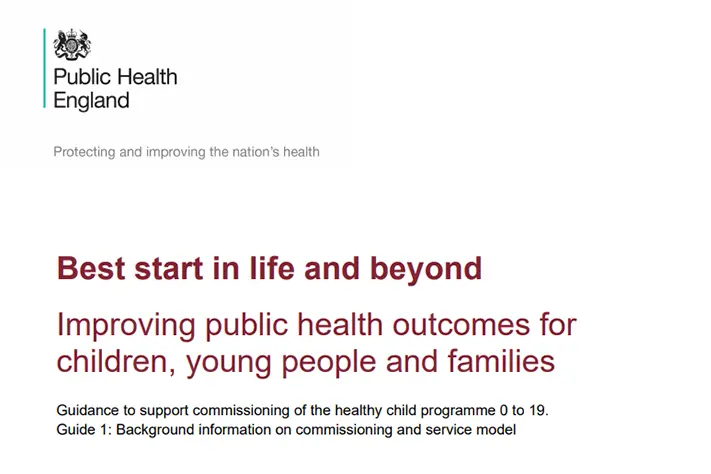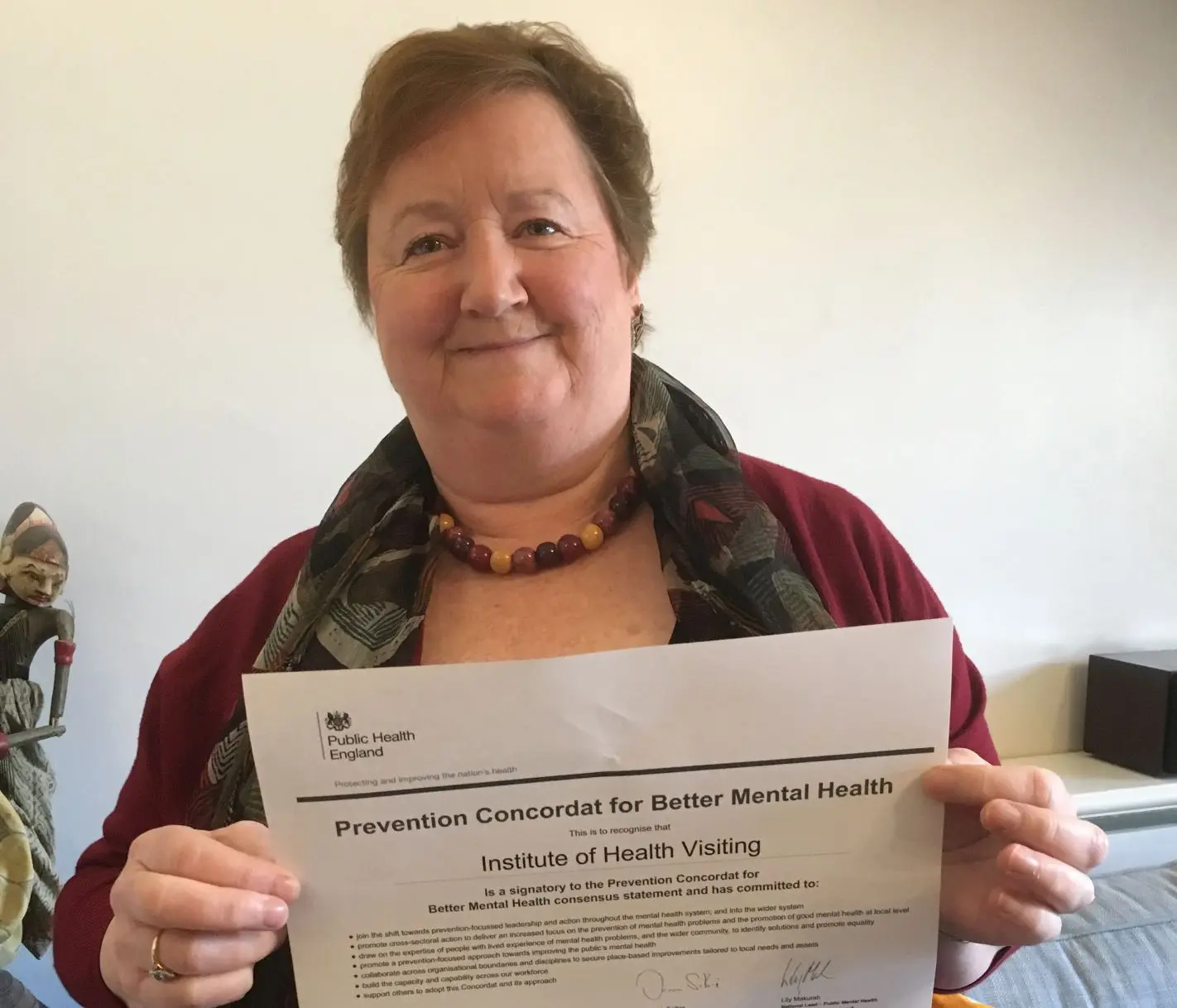Public Health England would like to understand parents’ views and experiences of healthy weight or healthy lifestyle services for children and families in their local area.
As part of a one-year programme, some local councils have been awarded new funding to increase their provision of healthy weight or healthy lifestyle services for children and families. For example, support to eat healthier and be more physically active which might include a referral to a local programme or group. Areas were selected following a competitive application process.
A short online survey has been developed to capture parents’ views of existing services in local areas to inform future investment.
Calling all HVs, please share the link with parents who might be happy to help with this. Please share attached information sheet and the link.
Learning from this survey will help improve services to ensure that all children have an opportunity to be healthy, no matter where they live.
Unfortunately there is a tight time line to generate and analyse results, as the insights are intended to feed into the upcoming bidding process for this year’s Spending Review – so responses are needed by Friday 30 July .







